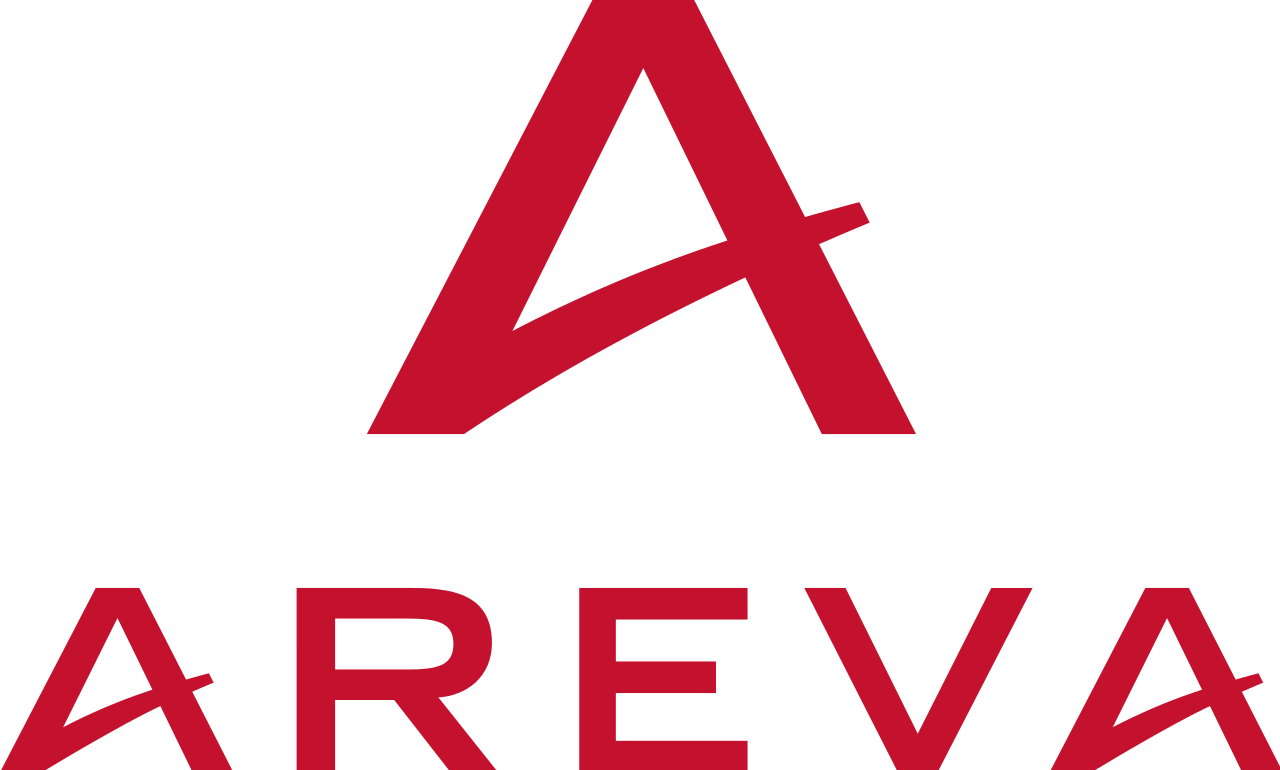COGEMA La Hague facilities are equipped with an industrial wastewater treatment plant which ensures very thorough depollution prior to evacuation into the ocean. The water coming out of the pipe also undergoes an accelerated natural dispersion as the spot chosen for the outlet from the pipe is located in a zone where the ocean currents are the strongest in Europe.
The effectiveness of the depolluting system implemented by COGEMA guarantees an industrial wastewater processing quality far better than the discharge authorizations set by the 1984 ministerial decrees following a public inquiry made in 1983. New discharge authorizations will be set following the public inquiry carried out between February 2 and May 17, 2000. The impact of the site s industrial activity is monitored through more than 25,000 samples and 80,000 analyses per year.
They are transmitted monthly to OPRI (a monitoring organization which is part of the French Health ministry) which also carries out its own samplings, measurements and analyses. Furthermore, the DSIN (French office for safety of nuclear installations placed under the responsibility of both Industry and Environment ministries) makes surprise inspections on the site during which samples are taken and analyzed by an independent laboratory.
The results of the analyses performed on the industrial facilities can be examined at all times on the cogemalahague.fr internet site.
All the results, without exception, prove that the quality of these discharges is higher than the very restrictive standards in force.
Furthermore, a study in which 50 French and international experts and associations participated, showed that the impact of the actual discharges from the La Hague plant could not exceed 0.06 millisievert/year whereas the authorized level is 0.15 millisievert/year. COGEMA, on its own, is committed to zero impact, i.e. 0.03 millisievert/year, or in other words, about 100 times less than the average natural radioactivity in France.
The low impact of nuclear fuel reprocessing activities has been confirmed by a study carried out by the nuclear energy agency of the OECD on behalf of the OSPAR Commission. According to this study, made by a group of 18 international experts, "it is instructive to note that, overall, public exposures in both options [notably reprocessing] are low compared to the pertinent regulatory limits, and also insignificantly low compared with exposures caused by natural background radiations ".
